Sharing My Voice
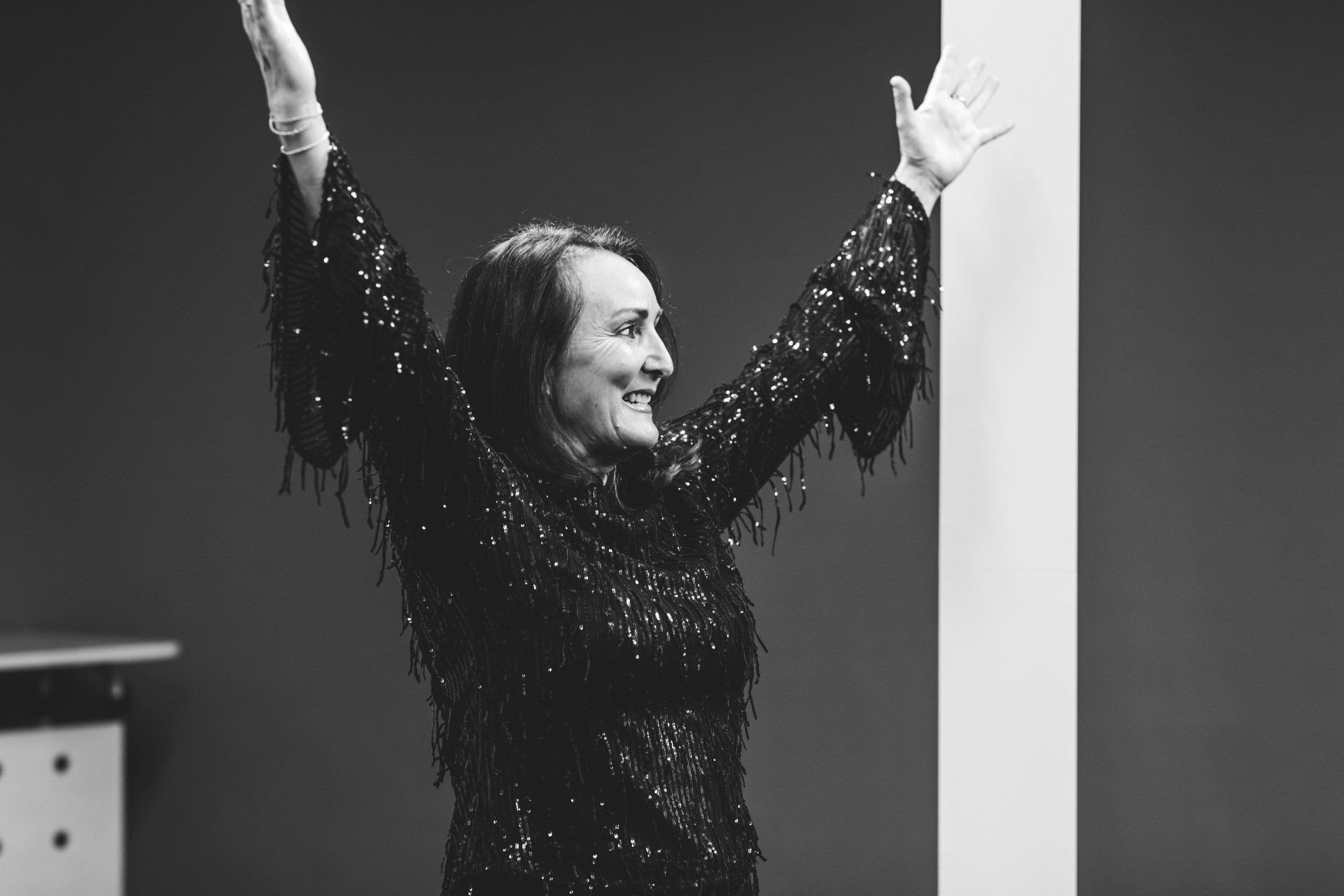
I discovered Power Posing several years ago when I listened to a TED Talk by Amy Cuddy , a Social Psychologist from the Harvard Business School. Her studies affirm what I have been observing for years as I coach people to become aware of their body language, how it affects the way they feel and how they speak in public. Amy selected two groups of MBA students. One group sat or stood in positions of low power - bodies closed, legs crossed, arms folded, shoulders hunched forward. The second group sat or stood in positions of power - arms straight out to the side or above their head, shoulders open and back, legs in a wide, open stance. Both groups held these open or closed body positions for 2 minutes and then their saliva was tested. Amazingly, the power poser's showed a 15% increase in testosterone , the hormone that configures our brain to be more assertive, confident and creative. The low power poser's showed an increase in cortisol, the stress hormone. Both groups undertook a series of games and exercises after the posing and the power poser's showing greater rates of concentration, aptitude and creativity. We can change the physiology of our bodies simply by changing the the way we position ourselves. When preparing to speak in public, it is important to be aware of our body language - before and during our presentation. Power Posing is a quick and easy way to help combat nervousness and prepare us to speak with more confidence and assertiveness. It can help us feel more powerful. Find a quiet place to open your body for 2 minutes - hold a power pose and literally feel and know your energy is increasing. When waiting for your turn to speak, make sure your body is open - stretch your arms above your head, out to the side, roll your shoulders back. If sitting in a chair, be as open as you can - uncross your legs, straighten spine, roll shoulders back. Take a deep breath. Power posing is a fantastic way to prepare yourself for any life activity. And if you want to increase your confidence and presence as a speaker, power posing is an incredible tool.

How do we prepare and harness our mind before speaking? Why is this important? I've learned, the thoughts we keep thinking create beliefs about ourselves affecting how we live our lives and how we perform as a presenter. I always invite the people I'm coaching to investigate the dominant thoughts and beliefs they have about themselves. I ask them to do a 'brain dump' of all the negative, limiting thoughts they have. And these are often just the ones they're aware of! So many of our beliefs are unconscious and have been learned in childhood or passed down to us through our families. Often they begin with thoughts and beliefs specific to public speaking: "I speak too fast", "I stutter and garble my words", "I say um all the time", "I always forget my words", "My stories aren't interesting", "I hate the way I sound". Then as we peel back the layers, the negative thoughts and beliefs become more encompassing: "I'm a terrible speaker", "I'm scared of what people think of me", "I'm scared of being judged", "I don't feel of worth", "I'm not good enough". The most consistent and underlying limiting belief I've discovered is: "I'm not enough". Who am I to be sharing my thoughts, ideas and stories with you? Who do I think I am? I'm just not worthy, not good enough, not interesting enough, not clever enough, not attractive enough, just NOT ENOUGH!! The first step to overcoming and replacing these limiting thoughts and beliefs is to become aware of them. Catch them as they subtly and sneakily enter your mind. Don't beat yourself up for having them. Just observe and replace them with kinder, more affirming thoughts. "I speak too fast" to "I'm a well paced and measured speaker" "I say um all the time" to "I use pauses effectively" "I always forget my words" to "I remember my words with ease" "I'm a terrible speaker" to "I'm a confident speaker" "I'm not enough" to "I'm enough" An Affirmation is a short, powerful phrase we repeat to ourselves as often as possible so our mind begins to believe and act upon it. Remember a belief is simply a thought we keep thinking. Change our thoughts, change our beliefs, transform our lives. When we first create an affirmation it can be hard to believe and our mind condemns it. We know we always forget our words! We know we're a terrible speaker! This is the moment when you need to trust the process . Trust, as you replace a limiting thought with a new, affirming thought encouraging a new way of thinking or being and then repeating this thought as often as you can - your mind will come to believe this thought and a new belief is created. Your external world will then begin to reflect this new belief. Affirmations can seem too simple to be believable. Try them, they work! Luke and Mr Kuze When my son Luke was a 14 year old school boy, his favourite class was Japanese. He excelled in learning this language and he had an amazing memory. It was time for the yearly Japanese speech and Luke had prepared well. He knew his speech perfectly and planned to present it using no notes. Yet, a little nagging voice inside kept saying, "You might forget your words", "You should use cue cards just to be safe". The class was encouraged by the teacher Mr Kuze to use cue cards if they needed to - after all, it was a different language. But Luke knew he could remember it so why was he having this thought of needing cue cards? We talked about it. I asked him where this thought had come from? Why did he think he needed cue cards when he was so sure he would remember his speech? On reflection he realised the rest of his classmates were all using cue cards and this was the expected and encouraged thing to do. Luke was doubting his own ability and hooking into the belief that cue cards were necessary because a Japanese speech would be too hard to remember perfectly without them! Once this limiting belief was uncovered, Luke replaced it with, "I remember my Japanese speech perfectly" ,"I'm well prepared and speak confidently without cue cards". However, on the day of the speech, Luke had his cue cards tucked discreetly in his shorts pocket. Speakers before him all used cue cards and when it was his turn, he walked up to the front of the classroom and pulled out the cue cards as everyone else had. After speaking for a few moments, he realised the cue cards were a hindrance - his speech was flowing and he remembered everything he'd prepared. The cue cards disappeared back into his pocket and he finished his speech reinforcing the new belief - "I'm an amazing, confident speaker and I remember all I want to say!" As Luke sat down, Mr Kuze stood up, clapped his hands and exclaimed, "Excellent, Excellent". Luke received the top mark in the class for his speech. He also learned the power of harnessing his mind.

When it comes to speaking in front of others, the most powerful non verbal body language we engage in is what we do with our eyes. I remember when I was at high school and preparing to give one of the dreaded yearly speeches in English class. The teacher advised us to just fix our eyes on a spot at the very back of the room if we were feeling nervous. I was 16, it was my sixth form year and I was required to give a speech on someone famous. I chose Donald Duck! I learned my speech perfectly, I was well prepared, but I was terrified. I hated public speaking and managed to avoid any classes or activities that required standing up in front of a group of people. As I sat at my desk waiting for my turn to speak, the fear was so intense I wished I was dead. My name was called, I walked to the front. I didn't need notes as I'd memorised it. I faced the class...but I couldn't look at them. It was just too intimidating. The advice to look above them at the back wall was forgotten. I turned away from those faces watching me and gave my speech looking out towards the windows. Not once did I catch the eyes of my classmates! How do you think it went? Did I make an impact? Did I connect? Well, my friends remembered little about my speech and the history of Donald Duck. They have never forgotten how I refused to look at them as I spoke. I was teased for years! Consistent and continued eye contact as we speak is how we connect with others. As we connect with our eyes we can feel into the essence of the other person, we can really see them - who they are, their integrity, their honesty, their authenticity in that moment. And they see us! When we are public speaking, eye contact is essential for us to reach into our audiences hearts and convey the messages we're sharing. How much eye contact is enough? It's good to aim for 2-3 seconds of eye contact from one person to the next. This can depend on the size of the audience you're speaking too. In a small to medium sized group, aim to sweep your eyes over the whole group so they all feel included. It's important to not just flick your eyes around without a meaningful connection with anyone. Aim to pause for those few seconds and feel the connection. In a larger audience, aim to connect eyes with those in the first few rows of people and as far back as you can. As you make the effort to fully engage with your eyes, it becomes a natural and easy thing to do. When we're nervous it's tempting to not look at anyone and instead focus on our notes, the roof, the back of the room etc...However if we can have courage and find a friendly face, meet their eyes, pause for 2-3 seconds, really feel into that connection, then there is a wonderful exchange of energy and support that takes place. You feel supported. They feel seen. Your words have much greater impact and power. Practice using more eye contact in your daily life with the people you come into contact with. Think about the 2-3 second timeframe. Try going longer and see how that feels. In the courses I run I often get the group to hold eye contact with each other for up to 10 seconds! This is an intense experience and good practice to realise how easy 2-3 seconds is. As you practice your daily eye contact, become aware of how you feel as you consciously hold the connection with the other person. Bring this into your public speaking and see what happens. You'll be transformed into an authentic, powerful speaker!
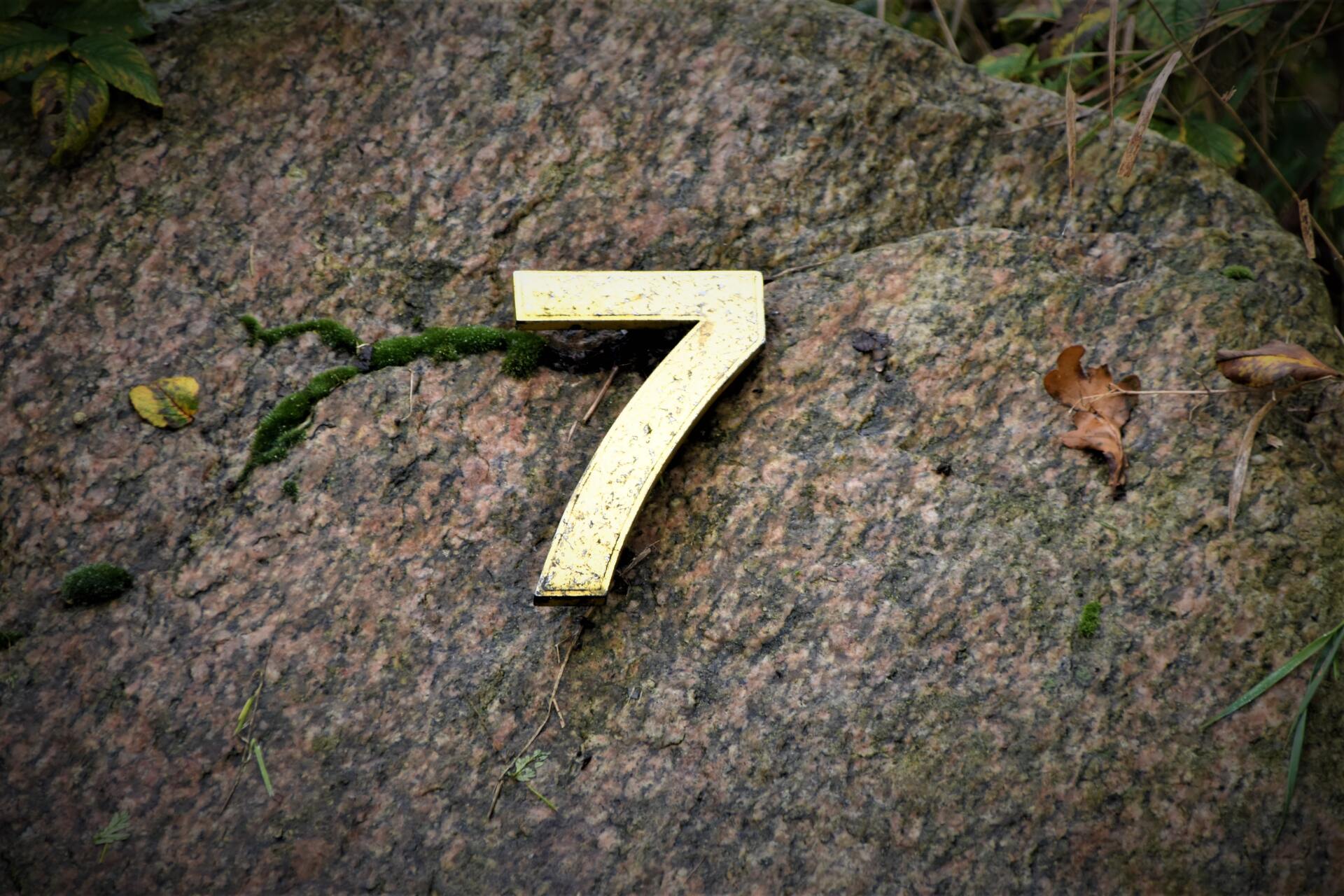
The moment we first meet someone is crucial to how we perceive them and the initial judgements we make are often hard to reverse. As a speaker, we need to ensure we are well prepared and our actions are impeccable in the first 7 seconds in front of an audience. It's not long, yet it's enough for an audience to make judgements on who they think someone is. What they're wearing, how they sound, how they stand and the energy they exude gives the audience feedback. A bad first impression is hard to recover from. How to nail the first 7 seconds. 1) Be Prepared. Have your speech or presentation well rehearsed and organised. There's no benefit in 'winging it'. It's risky. And you'll be anxious which will show in those first few moments. Familiarise yourself with the venue. Know where you'll be sitting before your presentation. If possible stand in the spot you'll be speaking from - practice with the microphone, power point or any other equipment you might be using. Being fully prepared helps you to feel relaxed and the audience will feel your ease and confidence immediately. 2) Look amazing! It's the details that matter! Good shoes, clean fingernails, not too much cleavage, well pressed skirt or pants, People judge us by the way we move, look and sound. Be the best version of yourself as you present to an audience. Dress up. Clothes give us energy so choose an outfit that helps you feel empowered, energised and attractive. 3) Align yourself within. As you're sitting waiting for the moment to walk in front of the audience, align yourself within by taking a deep breath, sit calmly, straight spine, shoulders back. Know and remember your opening comments - keep them forefront in your mind. Be aware you're being observed in the walk from your seat to the stage. Walk purposefully, confidently. 4) Take time to 'own the space'. Pause. There's no rush to begin. Take your time to 'own the space' on the stage. Arrange your notes if using them. Take a deep breath, look around, make eye contact, connect with the audience, smile. 5) Memorise the opening. Learn the first few sentences of your presentation so that you can deliver it with good eye contact and connection with the audience. Resist the urge to say inane things like "I'm so nervous" or "Sorry my hands are shaking". The audience doesn't know you're nervous unless you tell them. 6) Be yourself. When someone is putting on an act or faking it, it feels 'off'. In the first 7 seconds your job is to make a connection with the audience and the easiest way to do this is to be as natural and relaxed as you can be. Rather than thinking about yourself and how nervous you are etc, become audience centred. How can your words help and inspire them? What is the gift you can bring to this audience today?

When speaking, the use of a well timed pause can be magical. It is an opportunity for the speaker and listener to fully connect. In the still, small space that is created - the pause, the speaker creates anticipation and suspense. The listener becomes alert, focussed and eager for what is coming next. A pause is a very powerful tool that can make the difference between a smooth, well paced, captivating speech or a rushed, garbled mess! I remember coaching a man who had struggled with a stutter for most of his life. The strategy he'd use to not stutter was to speak really fast with no breaks between words or sentences. It was exhausting listening to him - trying to understand what he was saying and to keep up with the ideas or messages he was presenting. He had great stories and he was excited to share them with the group I was coaching. After encouraging him to slow down his rate of speech and this not really working, I suddenly realised the key to helping him slow down was to build in pauses to his speeches. Not randomly placed, but strategically placed so he had an anchor of safety to hold onto. Then it was about him trusting, as he slowed down for the pause, he may or may not stutter. And if he did, it was all ok. As a group, we would listen and support him regardless of his stutter. We welcomed and encouraged his pauses, even though he was terrified of losing control if he used them. A transformation began to take place. As he experimented with using pauses and trusting he could use them without breaking out into stuttering, he became a different person. He began to engage more with his eyes. He became more connected with the group, with the audience. He felt more authentic as a speaker - he was able to let himself be fully seen and appreciated by the group. And he used pauses not just when he was giving a presentation but when he was speaking one to one. It was life changing for him. Use pauses in your speaking: - after the opening and before the closing remarks - between different segments of your speech or presentation - to indicate transitions in your speech from one idea, story, theme to another - after a powerful statement or sentence that requires time for the audience to digest or understand - for laughter or applause, or any spontaneous audience response - for you to manage your nerves or pace - to establish rapport and connection with your audience - to help eliminate um's, ah's and other speech fillers - to allow you to take a breath, establish eye contact and relax into your presentation. The power of the pause is to be appreciated.

Have you ever watched someone give a presentation or facilitate a meeting and felt completely unmoved, uninspired, bored? Nothing they do or say touches you. You find yourself drifting off, unable to absorb what they're sharing. You may instead focus on their clothing, hairstyle, the colour of their shoes. Or your mind is thinking about lunch, dinner, sex, a phone bill or television show! You are disconnected from the speaker in front of you. Why? There are many reasons why a presenter fails to connect with an audience. To be a fully engaging and connected speaker takes preparation, practice and skill. However even when a speaker has spent hours preparing a speech and delivers it perfectly using vocal techniques, body language, good timing, pauses - a connection with the audience may still not happen. When I observe this I know the speaker hasn't prepared their inner self - they're not aligned within and this hinders them from fully connecting with an audience. Some simple ways to cultivate your inner strength and alignment to create a powerful presence as a speaker Breathe Use your breath to bring energy into your centre. Breathe deeply into your belly. Calm and still yourself with the in-breath. Slowly release the breath and allow stillness and calm to permeate your being. Feel your alignment within. Speak from this place of calm alignment. Open your body Open your body into positions of power and energy. As you open your body you create a physiological response. Open body = more energy, more confidence, more power. Sit straight, tall, shoulders back, spine lengthened. Stand up, stretch your arms wide, open, hold the position for 1-2 minutes and feel the energy flow. Breathe and align. Visualise Visualise yourself connecting fully with the audience. Imagine a clear picture in your mind of yourself speaking - be specific in your visualisation. Where are you? What are you wearing? Can you see the audience watching you? Imagine seeing excitement and engagement on their faces. They love what you're sharing. Feel the connection. Feel your inner alignment. This is the best you've ever felt. You're confident, calm, focussed. You're amazing! Affirm Are you aware of your inner dialogue? Your mind chatter? What do you tell yourself about your ability to speak in public? "I'm not good enough". "I have nothing of worth to say". "I'm scared I'll forget my words". We all have negative thoughts about ourselves. Be curious. Catch the negative thoughts and replace them with affirmations. Affirmations work. They are short, simple and repetitive. Be vigilant. Catch your tricky mind and blast it with affirmations. "I'm good enough!". "My stories are of worth". "I always remember my words".
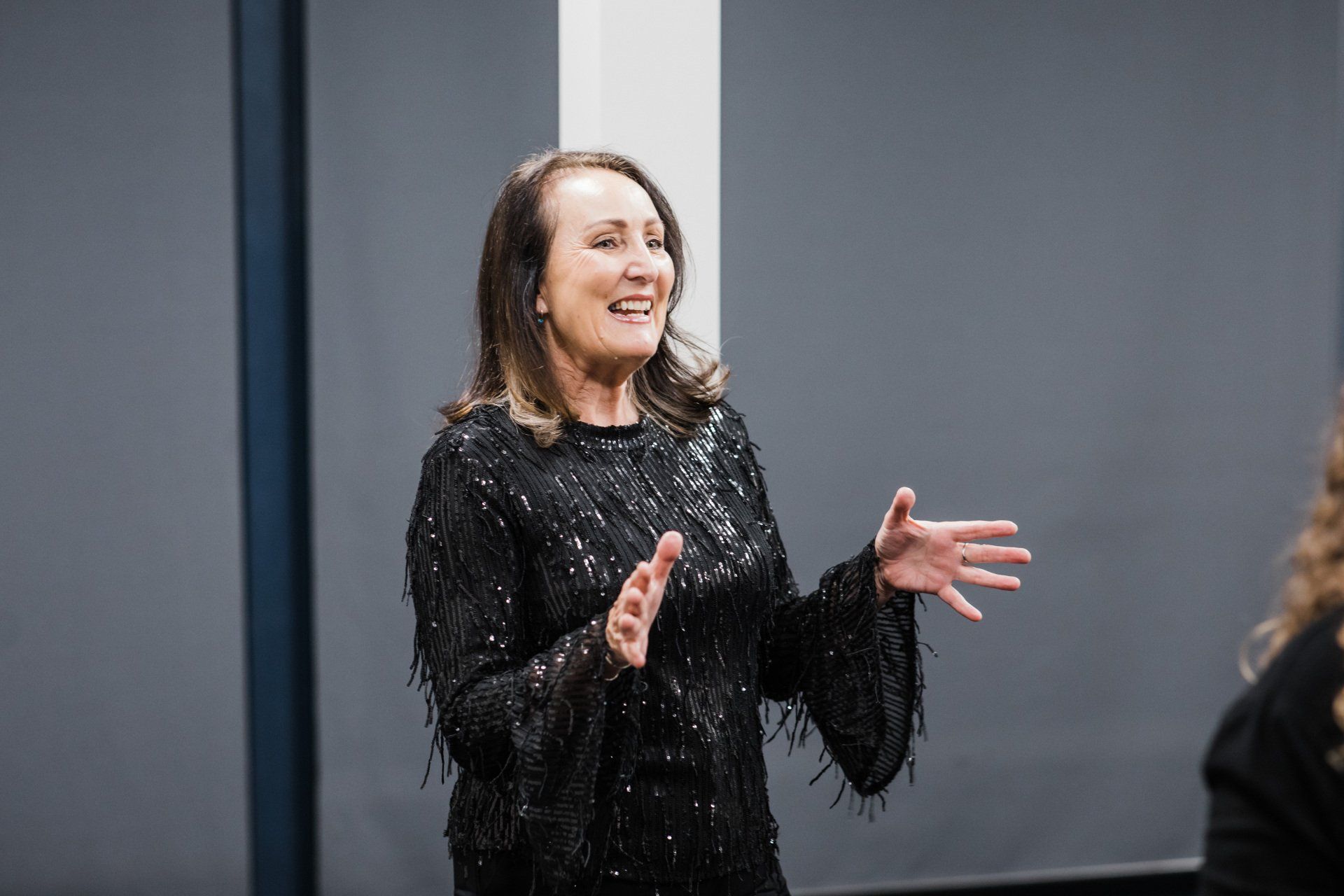
I remember belonging to a Toastmaster’s club and every year there was an opportunity to compete in speech competitions. It was scary and fun— using all the skills you’d been learning and pitting yourself against other Toastmasters. I loved it! I loved the challenge of crafting a winning speech. I loved the build up, the hours of practice, the anticipation, the excitement, the possibilities. My greatest strength as a speaker was to share my stories and messages, from the heart. I'd created a speech based upon a moving story from my father’s life. It was good. I wanted to honour my Dad by sharing his story and he was delighted we could share this experience together. I had reached the District level of the competition and there were eight other competitors. I was excited and terrified. Could I master my nerves and be myself in front of this big audience? Could I speak from my heart with integrity, my desire to connect with people and share a message to uplift and inspire? Could I be real and authentic — open and vulnerable without pretence or ego? In the competition final I placed third. Second place was a powerful, heartfelt speech from a cancer survivor. First place, a speech planned and articulated in a way to astonish, entertain and impress the judges. Designed specifically to accrue points to make sure it gained the highest score. It was very good. Yet, it felt contrived, lacked connection, lacked authenticity. A feeling of, “Yeah, it was good… but… I just wasn’t moved”. An authentic speaker speaks from the heart with sincerity, honesty and integrity. They have learned to go deep within themselves. They know who they are and what they stand for. An authentic speaker is not ashamed to show emotion and vulnerability. They may have mastered the skills to deliver their words and ideas with power and presence or they may be nervous, unconfident and unsure. However, when they speak their own truth from the heart, it resonates, it feels authentic and real. Anyone can be an authentic speaker. Just be yourself. Get in touch with what you stand for, what you believe in, what you desire to share and contribute to the world. This may take time. It’s an opportunity to dig deep and uncover who you are. Learn some skills to help share your message. Be your authentic self and speak from the heart. The world will thank you.

You’re not alone! The fear of speaking in public or ‘glossophobia’ ranks right up there with the fear of death, insects and flying for most people. “According to most studies, people’s number one fear is public speaking. Number two is death. Death is number two. Does that sound right? This means to the average person, if you go to a funeral, you’re better off in the casket than doing the eulogy”. Jerry Seinfeld So why is it so terrifying? We can quite comfortably tell our stories to close friends and acquaintances but put us in front of a group or an even larger audience and it’s painfully hard. Is it a fear of judgement? All eyes upon us in the spotlight? Is it the fear that our words, ideas, stories are of no interest? We’re horrifyingly boring? Is it the fear of ridicule, humiliation, shame? What if we go red, our hands shake badly, we talk too fast, stammer, stutter, lose our place, forget our speech? Is it the fear that we’re just not good enough? Maybe even reading this is causing you to feel anxious? Over the past twenty years of public speaking coaching, I’ve discovered that the fear of public speaking is something most people would love to overcome. I think there is a belief that there’s a magic formula that will help with this – a quick, easy process. Maybe a bit of coaching, a six-week course, an inner tweaking, a few affirmations. And yes, all of these things can help. But, like anything we wish to get good at, to master, it takes a whole lot of time, effort, practice. Time preparing presentations, time rehearsing alone, time in front of an audience. I was terrified of public speaking. During high school I would fake sick days to get out of giving class talks for English. At University I would drop whole papers if the requirement was a weekly group tutorial where you were expected to contribute verbally. It was my greatest fear for a long time. Until finally, I decided I’d had enough of my fearful self. I wanted to speak with confidence, I wanted to share my voice and I wanted to be good. I joined a local Toastmasters group and it was life-changing. Every week I was invited to speak – to give a prepared talk, to give feedback to others or to chair the meeting. Monday was the night. On Sunday, I would begin to feel sick and by Monday afternoon I would be flushed, anxious, sweaty and wanting to pull out. I didn’t. I kept going every week until I began to look forward to it. I improved. I became a club mentor, helping other terrified souls move forward on their speaking path. Public speaking became my thing and I loved it. It takes time, patience and commitment to overcome your fear and dread of public speaking. It’s not a one-off thing you do and yep, mastered that! It’s a skill and it requires practice, lots of it. Nervousness is a natural thing that happens before any performance whether it be giving a speech, running a marathon or attending a job interview. A bit of nervousness can actually help! It’s all about learning how to harness those nerves and allowing them to help you align your energy so as to speak with greater ease and confidence. Is it time for you to confront your fear of public speaking? Is it time to start saying yes to those opportunities at work to facilitate groups, lead meetings, give that next presentation with confidence? Or to become a voice in your community for leadership and change? Or maybe it’s simply to address the deeply held limiting beliefs you hold about yourself as a confident speaker? When we begin to do something that truly terrifies us, it can be liberating, freeing, exciting. Be brave! Find a mentor, a coach. Make some goals for yourself – small steps forward. Begin to think about yourself as a confident public speaker. Decide you will no longer be ‘tongue-tied and terrified’.

My Dad died 6 months ago. He had Esophageal cancer and cruelly starved to death — an emaciated, painful release. I sat beside him, witnessing, comforting, holding space for him to let go, leave. It was a stoic death. He was brave. It’s now my turn to be brave. I’m not sure how I am. I look for role models. The feisty, vibrant barista whose 4-year-old son died of an insidious brain tumour. The courageous massage client living with the devastating death of her husband by suicide. My friend’s beautiful 19-year-old daughter, on her first big overseas adventure, discovered dead in her bed one morning by a flatmate. I know my grief cannot compare to these experiences — to lose a child or a beloved partner. My father was 83 — a full life lived. The cancer had been part of his life for 3 years before he died. It was expected. I was prepared. And yet! My grief is real. Palpable. A process to navigate. Unknown. Scary. I don’t know who I am anymore. My mind rattles on… “What’s the purpose of life? What’s the point of living if you just die? Why bother? Hell, if I’m going to die then I’d better make sure I live with joy and happiness now! I don’t want to waste my life as it’s short. I need to enjoy my life. Have fun. Be creative. Do what I love. Relax. Stop striving for perfection. Lighten up. Do exactly what I want. Don’t take anything too seriously. I’m going to die anyway so it doesn’t really matter. None of it matters. It’s all fleeting.” Yeah, yeah, yeah… The reality is, I’m struggling. I can’t seem to hold onto any ideas or impetus to move forward. I feel a spark of motivation to do something, then it slides away. I look forward to hopping into bed with my laptop, chocolate, biscuits, anything sweet and a show to mindlessly escape into. Then in disgust at myself, I make a new resolution to eat clean. I go to the gym. I make a new plan, Write my goals. Feel the spark of excitement that ‘I’m back’ and I can do anything I want because I’m strong and focused and amazing. And then I’m not. I slide again. I slump into the place of no thought. Of dark, sweet comfort in my mouth and the soothing distraction of the screen. Is this grief? Or depression? HELP!!!! If I was to very carefully create a plan forward it would look like this: Be very very kind to myself. It’s ok Lee. Your Dad just died. He’s been an anchor to you throughout your whole life. He rocked you to sleep. Told you the best bedtime stories. Fostered your love of the ocean, the mountains, the birds. It’s completely reasonable to miss him deeply, cry randomly and feel like just staying in bed! It may not look how I think it should look. I know there are stages of grief. I don’t know what stage I’m at or if it even matters. Last week I was feeling slightly fired up. I’d just finished watching a Netflix show and thought, “Right. I’m done with shows. I can do this.” The next day, I’m feeling light, joyful even. I’m driving to work and a Hall & Oates song comes on the radio. A surge of pain wells up and I’m a sobbing, heaving mess. And that’s how it is. Have no expectations. I don’t know what to expect. I’m ok with that. I just want my energy back. Which is having an expectation of having great energy when maybe my body, my soul, my being is healing. And this may take time or not. I don’t know. Make peace with not knowing. Even writing this bit helps me feel a little lighter. This is a new experience, this ‘Death-of-my- Dad-Grief’ and unknowable in every way. As I soften around this idea of ‘not knowing’ my grief process, it feels more manageable, even very slightly exciting — an adventure with gifts and new lands awaiting discovery perhaps! Appreciate the gifts of this experience. I think the biggest gift so far has been this intense refining of who I am. Who am I now that my father is gone? How do I want to live my life in a way that honours who I am and honours where I’ve come from? How do I want to create my life now? How can I contribute to the world in ways that bring joy to myself and others? Grief and pain can help us to reflect upon our lives and to have more empathy, compassion and forgiveness towards others. A surprising gift for me is I feel much more connected to my father’s family who all died before him. He was sexually abused by an older brother and I have harboured a burning rage towards this brother for many years. Over the past few months as my grief process unfolds, I’ve realised I need to release my anger and forgive this man. He’s dead, my Dad’s dead. I’m still living. Why would I continue to poison myself with these rageful thoughts?! My gift is now a feeling of peace and love towards ALL of my father’s family. It’s a relief. Have hope. As I write this, I feel a warm sparkle inside myself. It’s hope.

